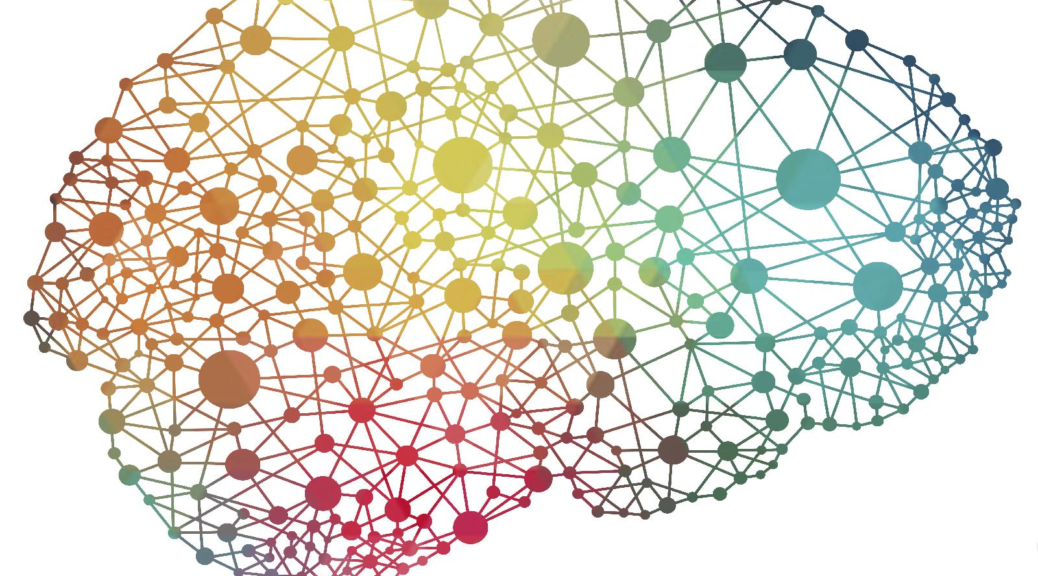Autism Spectrum Development
What term should we use to describe autism? To be clear, I’m perfectly happy to just say “autism” and “autistic”. I’m all for identity-first language. However, I also recognize that some people will want to keep a technical, fancy term around – and if we’re going to have a technical term, we should at least try to make it a good one. The current convention is, of course, “Autism Spectrum Disorder.” This language of “disorder” is extremely unhelpful. Autistic people…
